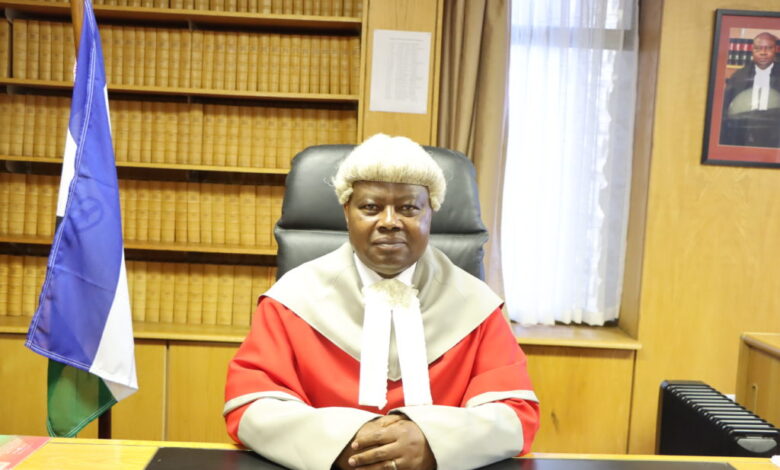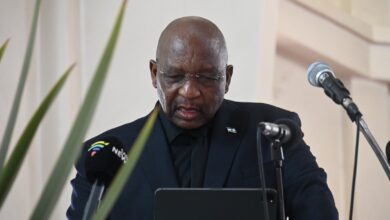High Court to Hear LEC Board Dismissal Case Next Week

The High Court, led by Chief Justice Sakoane Sakoane, is set to hear arguments on Wednesday next week in a pivotal case involving members of the Board of Directors of the Lesotho Electricity Company (LEC). The board members are contesting their removal by the Minister of Energy, asserting that the decision contravenes corporate governance principles outlined in Lesotho’s Companies Act.
Background of the Case
The dispute arose after board members were served with show-cause letters by the Minister of Energy on August 27, 2024. The letters demanded explanations as to why the board should not be dissolved by August 29, 2024. The board members, disagreeing with the minister’s decision, took legal action, arguing that their dismissal was unlawful.
Legal Arguments
Advocate Tekane Maqakachane, representing the applicants, has accused the minister of overstepping his authority. He contends that the minister is inappropriately invoking ministerial and political powers to interfere in the management of the LEC. Advocate Maqakachane referenced sections 50 and 73 of the Companies Act, which he argues grant the board the sole authority to manage the company’s affairs without external interference.
“The Companies Act is clear: the board has the autonomy to handle the company’s management. The minister cannot bypass these provisions under the guise of political or ministerial authority,” Advocate Maqakachane stated.
Implications of the Case
This case has significant implications for corporate governance in Lesotho, particularly for state-owned enterprises. If the court rules in favor of the board, it could limit the ability of ministers to directly intervene in the operations of such companies, reinforcing the principles of corporate independence. Conversely, a ruling in favor of the minister could bolster governmental oversight over state-owned entities, potentially setting a precedent for similar cases in the future.
Next Steps
The hearing is expected to draw considerable attention due to its potential impact on governance and the autonomy of state-owned enterprises. Observers are eager to see how Chief Justice Sakoane will navigate the balance between political oversight and corporate independence.
The judgment, once delivered, could shape the landscape of corporate governance in Lesotho, providing clarity on the roles and limits of ministerial powers concerning state-owned companies.
Join 'Lesotho News' WhatsApp Channel
Get breaking Lesotho news — delivered directly to your WhatsApp.
CLICK HERE TO JOIN



